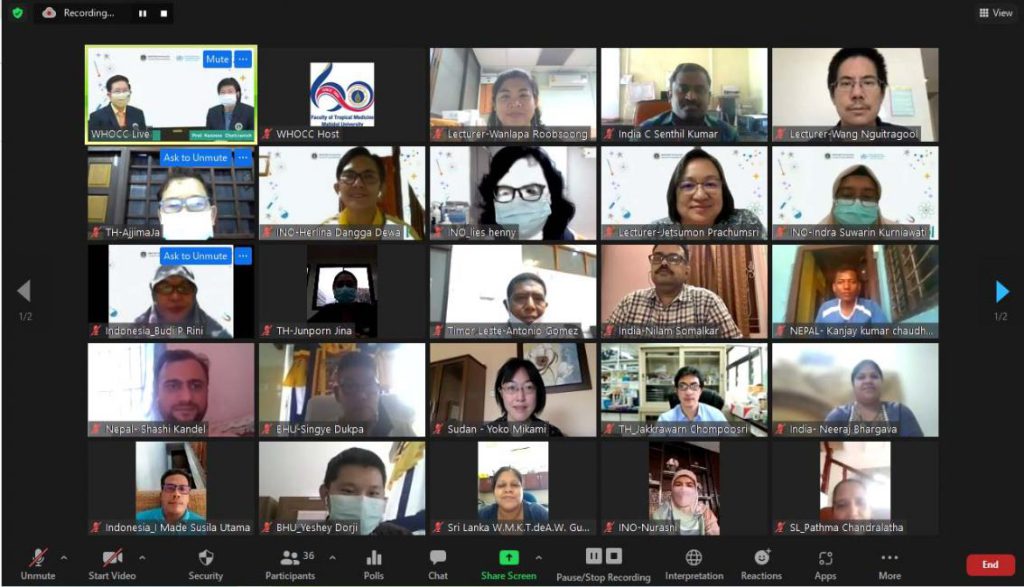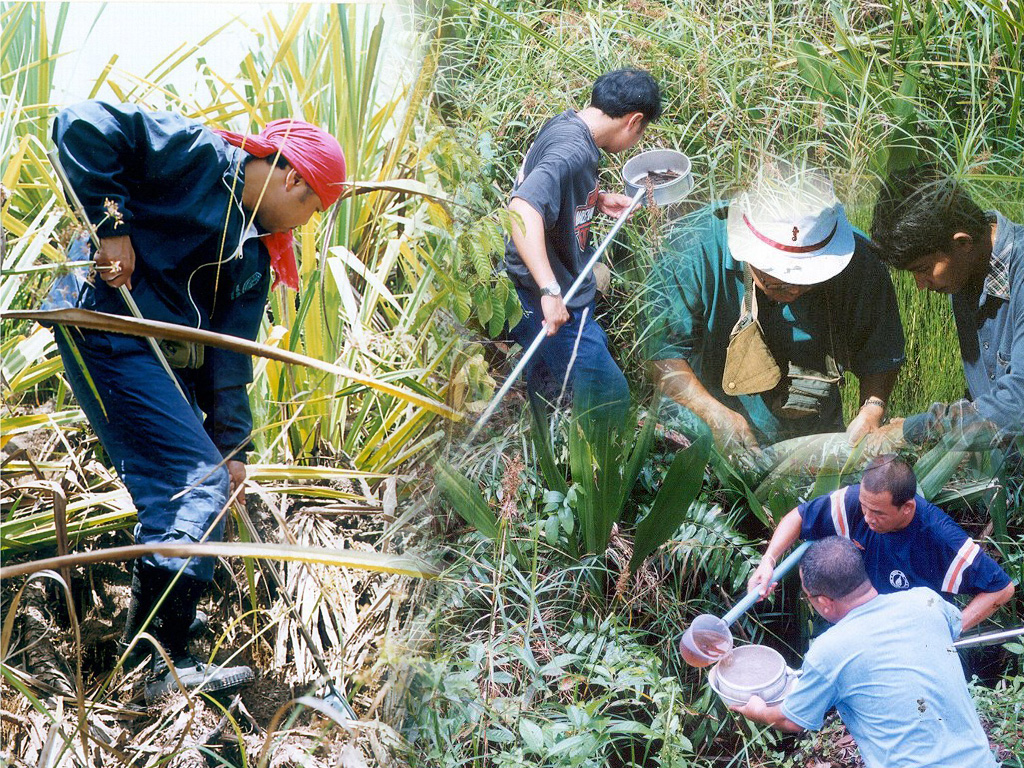

UPCOMING TRAINING COURSE
Virtual training on malaria vector surveillance:
the guidance for control and elimination
1-3 November 2022
Check Information
about our courses
Faculty of Tropical Medicine. Mahidol University. Bangkok. Thailand
Training Methods
Individual
Participant-
1-week Pre-Access to e-form training materials
-
Live Discussion via ZOOM® application during Q&A session
-
Access to this course for its duration + 14 days afterwards
-
A digital Certificate of Achievement on the course
This training will be delivering on online platform basis of multimedia presentations including virtual laboratory and case demonstration. All participants and lecturers will be able to discuss on various topics in this online platform and Q&A chat box using ZOOM® application. Training materials and handout together with WHO malaria reference handbooks in e-form will be handed to all confirmed participants at least 1 week prior to training course start date.
Training will be conduct from Tuesday 1 st – Thursday 3 rd November 2022 between 13.00-16.30 hr. in Bangkok, Thailand local time (GMT+7) on www.malariatraining.org registered and fully paid participants should use their username and password provided after finished payment process to login to this training.
Course Content
the essential topics in the Online Training Course on Management of Malaria:
1. Vector surveillance concept: Concept/transmission patterns/transmission status Importance of vector surveillance to guide vector control in malaria elimination
2. Malaria vector biology: how to relate the malaria transmission? Knowledge on the biology and behavior of Anopheles mosquitoes, understanding how malaria is transmitted and help in designing the appropriate surveillance strategies.
– Playing for mosquito malaria vectors identification and data resources. Alternative way for mosquito key identification
– Geometric morphometric for mosquito identification. Rationale to select outline or points for detection/methods/interpretation
– Molecular identification for species complex of malaria vectors. Rationale to select primer for detection/methods/interpretation
– Transmission intensity: how can we do? Vectorial capacity and evaluation. (Vector incrimination/abundance/feeding rate/age/parity rate/percent infection/biting indices/EIR/vector capacity and external factors
– Data collection and management. Data collection/coding/management.
– Vector surveillance data base for decision making and guidance of vector control and malaria elimination
– Staffing and training for capacity building of vector surveillance
6. Sharing and making network, Posttest, summary of training (all lecturers); Feedback from participants
Previous Course
20th Virtual International Training Course on Management of Malaria, 15th-19th august 2022 Faculty of Tropical Medicine
Online training

For more information

+66 (02) 306-9118

www.malariatraining.org




